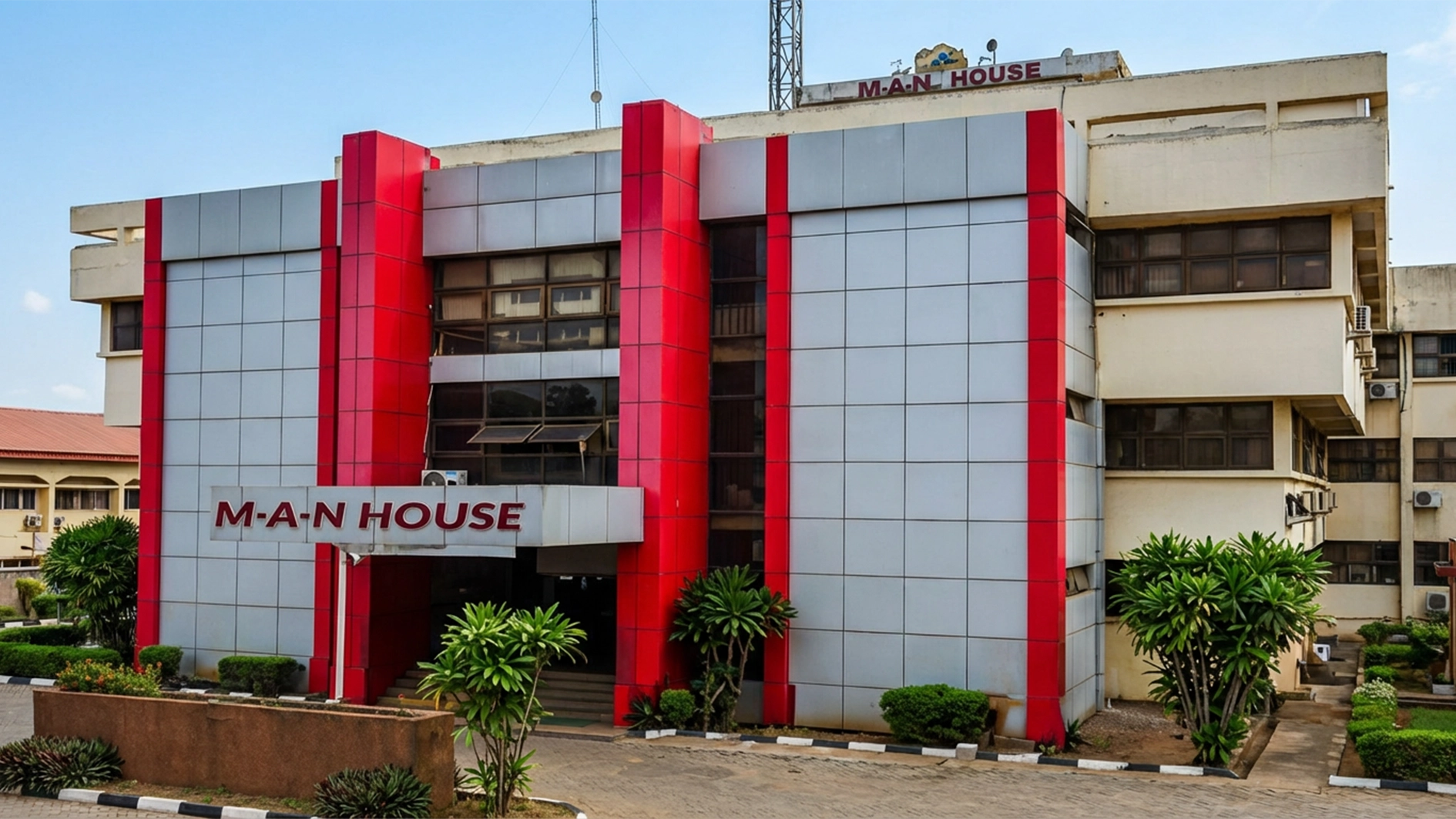
•Says current daily crude production cannot fund budget
Director-General of the Lagos Chamber of Commerce and Industry (LCCI), Dr Chinyere Almona, has urged the federal government to, as a matter of urgency, improve its budget performance in terms of capital expenditure in 2024.
Speaking in Lagos, Almona said the performance of the capital expenditure has been very low relative to the recurrent expenditure, with serious implications for the country’s infrastructure sector. Describing the situation as worrisome, the DG said it demands urgent solutions.
She added that the proposed 2024 budget of N27.5 trillion ($33.4 billion) is the biggest in the country’s history, representing a 21.4 per cent increase compared to 2023’s N22.65 trillion.
She said it is commendable to note that the strategic objective of the expenditure policy is to tackle macro-economic stability, investment environment optimisation, human capital development, poverty reduction and social security.
“A review of the proposed budget revealed an oil price benchmark of $77.96 per barrel and a daily production estimate of 1.78 million barrels per day and an exchange rate of N750/$ was adopted. Further breakdown, indicates that non-recurrent expenditure is N9.92 trillion, which is N1.59 trillion or 19.1 per cent higher than the 2023 budget, while debt service is projected to be N8.25 trillion (N1.94 trillion or 30.7 per cent more than the 2023 budget) and capital expenditure is N8.75 trillion.”
The DG noted that the assumptions are very conservative, particularly in terms of oil prices and exchange rates.
“However, we must note that daily oil production remains a major concern due to persistent underinvestment, vandalism, oil theft and rising production costs in the oil sector.
“The chamber also notes that relative to Nigeria’s GDP size, the proposed budget is 12.2 per cent, which is extremely low, compared to its African peers like South Africa, with a government expenditure to GDP ratio of 32.5 per cent; Egypt (24.7 per cent), Kenya (23 per cent) and Ghana (27.1 per cent). This is a serious issue that needs to be addressed by the Government, in the light of its renewed hope agenda,” she said.
Going beyond the figures and policy statements contained in the 2024 Appropriation Bill, Almona urged the federal government to pay attention to investing more in transport infrastructure to mitigate the high cost of fuel and resolve the many logistical challenges that have impacted the movement of goods across the country.
“Looking beyond oil revenues, government must build investors’ confidence and enhance our foreign exchange (FX) earnings through non-oil exports. We need to invest more in export infrastructure through automation and implementation of critical port reforms to reduce the bottlenecks in our export logistics and processes.
“Also, in addressing the most significant components of human capital development, we urge governments at all levels to be committed to significantly improving budget implementation in strategic sectors of the economy, including agriculture, education, health, infrastructure and security,” she said.






